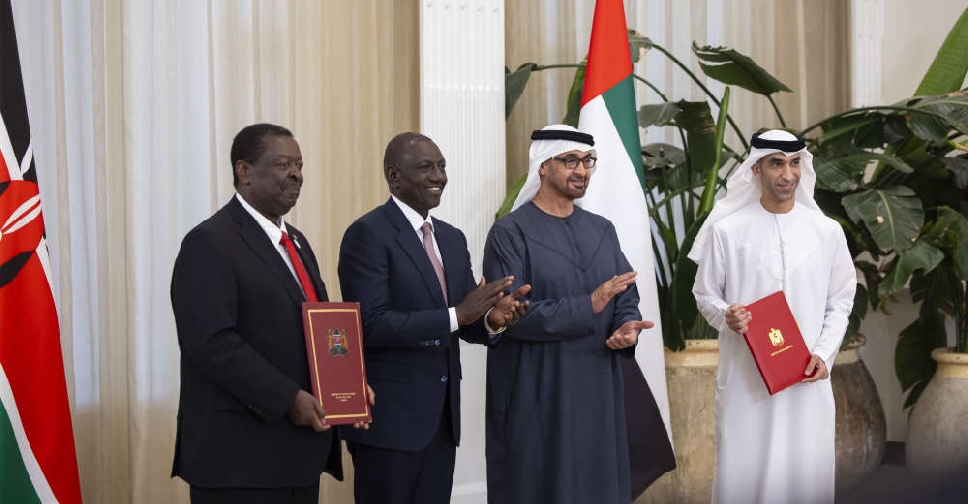
Cryptocurrencies nursed large losses on Friday, with bitcoin pinned below $30,000 and set for a record losing streak as the collapse of TerraUSD, a so-called stablecoin, rippled through markets.
Crypto assets have also been swept up in broad selling of risky investments on worries about high inflation and rising interest rates. Sentiment is particularly fragile, however, as tokens supposed to be pegged to the dollar have faltered.
Bitcoin, the largest cryptocurrency by total market value, attempted a bounce early in the Asia session and rose 2% to $29,500, something of a recovery from a 16-month low of around $25,400 reached on Thursday.
It remains a long way below week-ago levels of around $40,000 and, unless there is a rebound in weekend trade, is headed for a record seventh consecutive weekly loss.
"I don't think the worst is over," said Scottie Siu, investment director of Axion Global Asset Management, a Hong Kong based firm that runs a crypto index fund.
"I think there is more downside in the coming days. I think what we need to see is the open interest collapse a lot more, so the speculators are really out of it, and that's when I think the market will stabilize."
TerraUSD (USDT) broke its 1:1 peg to the dollar this week, as its mechanism for remaining stable, using another digital token, failed under selling pressure. It last traded below 10 cents.
Tether, the biggest stablecoin and one whose developers say is backed by dollar assets, has also come under pressure and fell to 95 cents on Thursday, according to CoinMarketCap data.
UNSTABLE
Selling has roughly halved the global market value of cryptocurrencies since November, but the drawdown has turned to panic in recent sessions with the squeeze on stablecoins.
These are tokens pegged to the value of traditional assets, often the U.S. dollar, and are the main medium for moving money between cryptocurrencies or to convert balances to fiat cash.
"Over half of all bitcoin and ether traded on exchanges are versus a stablecoin, with USDT or Tether taking the largest share," analysts at Morgan Stanley said in a research note.
"For these types of stablecoins, the market needs to trust that the issuer holds sufficient liquid assets they would be able to sell in times of market stress."
Tether has recovered to parity on the dollar and its operating company says it has the necessary assets in Treasuries, cash, corporate bonds and other money-market products.
But it is likely to face further tests if traders keep selling, and analysts are concerned that stress could spill over into money markets if pressure forces more and more liquidation.
Ether, the second-largest cryptocurrency by market capitalisation, steadied near $2,000 on Friday after a drop as low as $1,700 on Thursday. Bitcoin and ether are about 60% below record peaks reached in November.

 Ras Al Khaimah celebrates record-breaking tourism year in 2024
Ras Al Khaimah celebrates record-breaking tourism year in 2024
 UAE and Japan to strengthen space industry cooperation
UAE and Japan to strengthen space industry cooperation
 UAE and Kenya sign CEPA deal in Abu Dhabi
UAE and Kenya sign CEPA deal in Abu Dhabi
 UAE, Malaysia confirm CEPA to deepen trade, investment ties
UAE, Malaysia confirm CEPA to deepen trade, investment ties
 UAE, New Zealand CEPA formally signed
UAE, New Zealand CEPA formally signed




